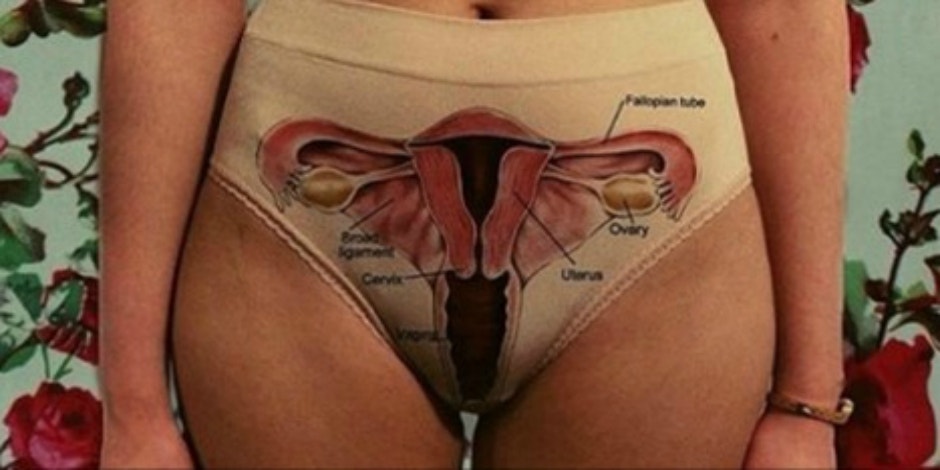When Post-Sex Bleeding Is Totally Normal — And When It's Not
Grab a panty liner, and whatever you do, stay calm.
 weheartit
weheartit Don't have a total freak out or dismiss the fact you bled after sex. Tell yourself these things can happen.
Sure, you may think it's all because of that passionate romp with serious play. But before you think the worst and wonder if your partner has been unfaithful, realize there are lots of reasons why a woman may bleed after sex.
Hormones, life changes, the timing of sex and menses, and yes, disorders or disease are reasons why things like this happen.
What you need to know is that bleeding after sex under certain circumstances can be normal, and others are cause for concern. Just like any red flag, when it waves don't ignore it.
Although research shows that 63 percent of postmenopausal women experience some form of vaginal bleeding after sex caused by dryness and 9 percent of menstruating women do as well, bleeding after sexual intercourse is your body's way of trying to tell you something.
Aren't you curious what it is?
Here are 5 smart questions to ask when you bleed after having sex:
1. How old are you?
When it comes to bleeding after sex, age matters. Women who are postmenopausal can experience vaginal dryness related to hormone changes. Vaginal dryness (atrophic vaginitis) starts during perimenopause and increases in postmenopausal women due to lower estrogen levels.
2. When was your last period?
If you're not a sex-during-your-period kind of gal, three to seven days is a long time to wait to please your partner. Although you thought your menses was completely over, your body might have a different opinion. Sometimes a little bit of blood remains in a woman's uterus.
The friction or exchange of body fluids during unprotected sex during sexual intercourse can move old blood out of the body. In fact, old menstrual blood can remain in woman's body up to two weeks after the last day of a woman's period.
3. Have you been under an unusually high amount of stress lately?
Stress wrecks havoc on the body. From hormonal imbalance to triggering an increase in glucose and adrenaline production, a woman under stress can experience drops in serotonin and estrogen levels.
High levels of stress can cause breakthrough bleeding and missed periods.
Sometimes this problem will clear up on its own; however, your body may need a little support and intervention to make that happen, if a stressful situation will take some time to resolve itself.
4. Have you taken an STD test?
A sex fact, and according to the Center for Disease Control and Prevention up to 80 percent of individuals infected with genital herpes don't know they are infected.
Other sexually transmitted diseases can also cause a woman to bleed after sex. Chlamydia, gonorrhea, human papillomavirus infection (HPV), pelvic inflammatory disease are illnesses that can affect any sexually active woman, even someone who has sex with only one partner.
However, each share one signal in common, they can cause you to bleed after sex. Since sexually transmitted tests are not part of routine physical or gynecological examinations, you need to ask to have them done. If you're a woman who has been sexually active, with one or more partners but have not been tested, nor had your partners tested, you might not want to rule this one out all together.
5. Do you have a history of cancer particularly among the women in your family?
Women who smoke or have a family history of cervical cancer or uterine cancer are at an increased risk of developing this disease.
The good news is that although one symptom of cervical cancer is bleeding after sex, it is not the only symptom. If you don't know your family history, now is a good time to find out if one exists.
There are other types of cancers that are associated with bleeding after sex. To stay on the safe side, it's a good idea to schedule an appointment with your gynecologist and have things checked out.
Whatever the reason, it's always best to consult with your doctor to explore what the right answers are for you.

